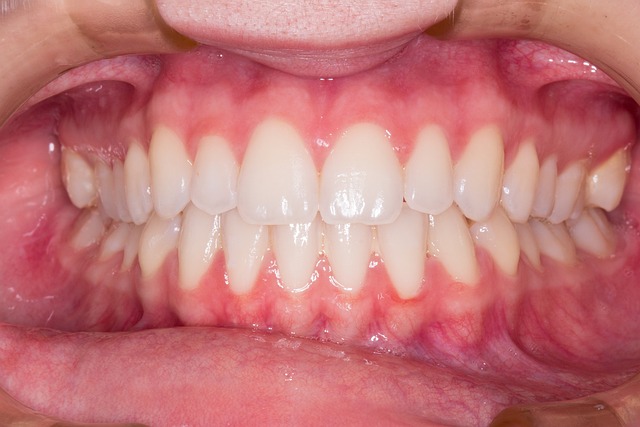Early Warning Signs of Heart Failure: What You Need to Know
Heart failure is a serious medical condition affecting millions of Americans, where the heart cannot pump blood as efficiently as it should. Understanding the early warning signs can be crucial for timely intervention and effective management. This article explores the critical first symptoms and warning signs of heart failure that everyone, especially older adults, should recognize and take seriously.

What Are the First Symptoms of Heart Failure?
Heart failure often develops gradually, with several subtle signs that may initially go unnoticed. Shortness of breath, especially during physical activities or when lying down, is one of the most common early indicators. Patients might experience unusual fatigue, difficulty breathing, and a persistent cough that produces white or pink blood-tinged mucus.
Warning Signs of Heart Failure in Elderly Patients
Older adults may experience more pronounced symptoms that differ from younger patients. Swelling in the feet, ankles, and legs (edema) is a significant warning sign. Sudden weight gain, reduced appetite, and increased nighttime urination can also signal potential heart failure. Cognitive changes, such as confusion or memory problems, may accompany these physical symptoms.
Signs of Heart Failure You Shouldn’t Ignore
Certain symptoms demand immediate medical attention. Rapid or irregular heartbeat, chest pain, sudden severe weakness, and persistent wheezing are critical signs that require professional evaluation. Patients might also notice a rapid decline in their ability to exercise or perform daily activities without experiencing extreme exhaustion.
Early Signs of Congestive Heart Failure
Congestive heart failure presents specific symptoms related to fluid buildup in the body. Patients may experience:
-
Persistent coughing
-
Rapid weight gain
-
Swollen abdomen
-
Decreased urine output
-
Sudden fatigue and weakness
Treatment Options and Management
Heart failure management typically involves a comprehensive approach:
-
Medications to improve heart function
-
Lifestyle modifications
-
Regular medical monitoring
-
Potential surgical interventions
| Treatment Approach | Description | Typical Effectiveness |
|---|---|---|
| Medication Therapy | ACE inhibitors, beta-blockers | High |
| Lifestyle Changes | Diet, exercise, stress reduction | Moderate to High |
| Surgical Options | Implantable devices, heart transplant | Varies |
Prices, rates, or cost estimates mentioned in this article are based on the latest available information but may change over time. Independent research is advised before making financial decisions.
Managing Heart Failure Successfully
Successful heart failure management requires a proactive approach. Regular check-ups, adhering to prescribed treatments, maintaining a heart-healthy diet, and staying physically active can significantly improve quality of life and slow disease progression.
This article is for informational purposes only and should not be considered medical advice. Please consult a qualified healthcare professional for personalized guidance and treatment.




